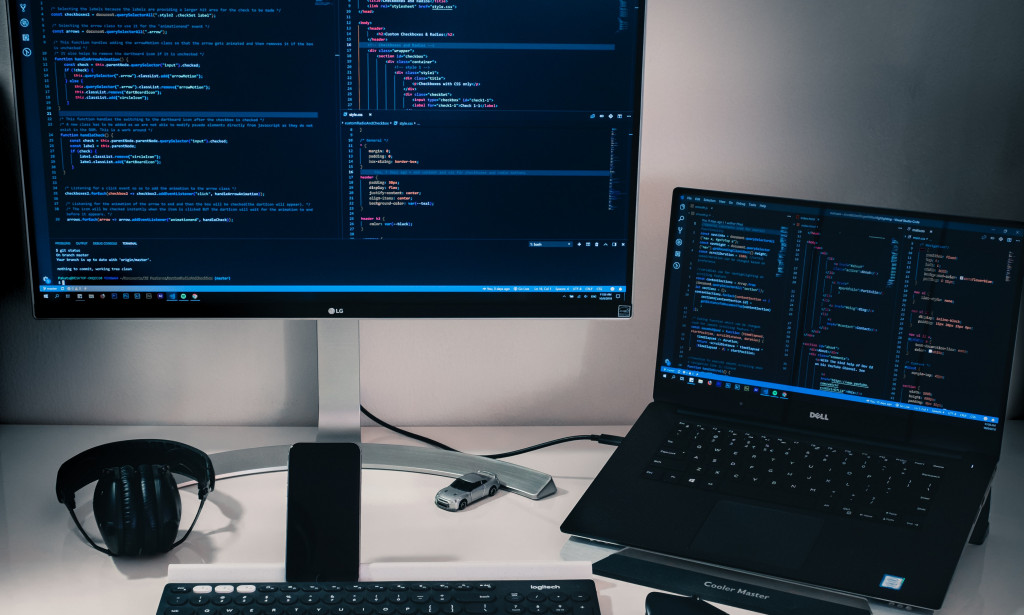Know this about debugging and be less frustrated when programming
As a beginner or an expert programmer, knowing the proper and effective response and reaction to one's computer during the coding period is critical. It goes without saying that mistakes, often known as "errors," which result in bugs in code, are inescapable when programming. As a result, developing the instinct to handle circumstances spanning these periods is more important than preventing errors, which are almost always unavoidable.
What should you do in these circumstances?
During moments of effort to eradicate troublesome bugs, the responses and reactions to computers are frequently characterized by strong feelings like sadness, despair, and humiliation. This is similar to behavior among fellow humans. When they work effectively together, we think of them as counterparts; when they become recalcitrant or nasty, we react in the same way we do to harsh, stubborn people.
Be aware of the reactions that debugging can bring
Planning for the responses like frustration that accompanies looking for a bug in a code will go a long way towards helping you overcome them. Although learning to analyze can be tedious, it is an important ability to have for your programming career.
Be informed of a computer's limitations
Consider and be aware of a computer's capabilities, such as speed and efficiency, as well as its shortcomings, such as a lack of compassion and the inability to articulate, understand, and comprehend your mind or feelings.
Be considerate and develop problem-solving skills
Find strategies to engage with challenges using your instincts while avoiding allowing your emotions to impede your capacity to perform properly. It's also critical to figure out how to maximize the benefits of a conventional computer while minimizing the drawbacks.

You must be logged in to post a comment.